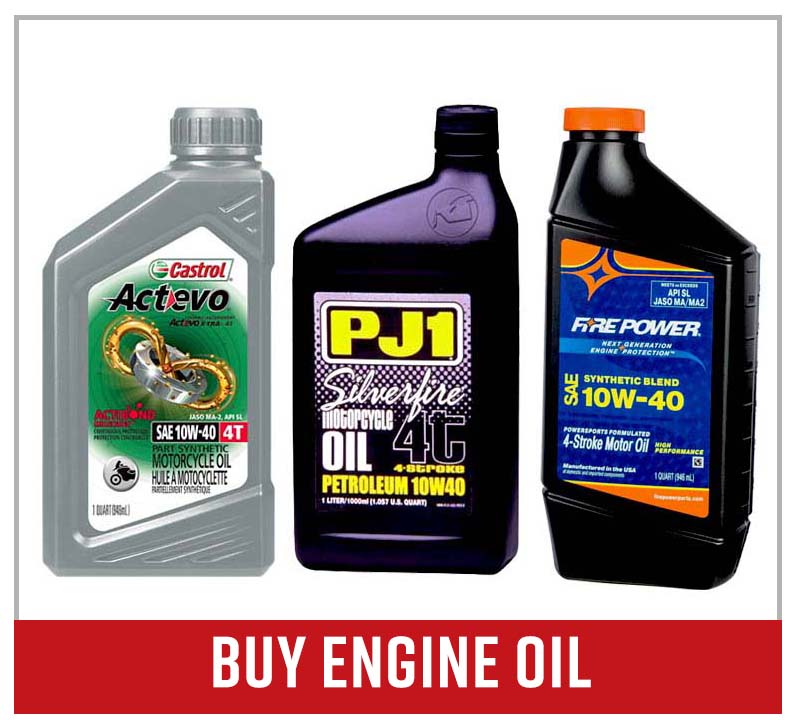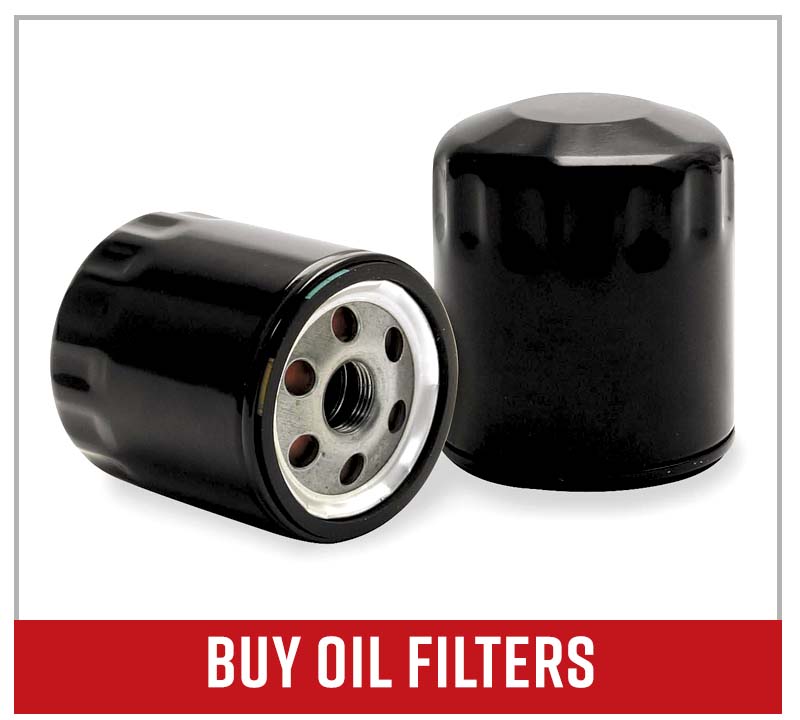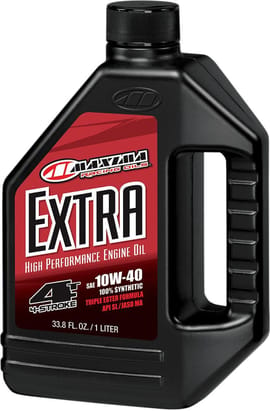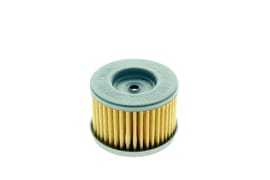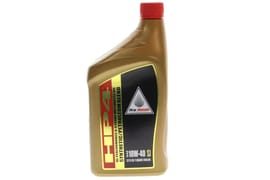5 Common Motorcycle Oil Change Questions Answered
The oil in your motorcycle, ATV or side-by-side lubricates parts; serves as a coolant; and helps circulate dirt and other particles out of the engine and through the filter, where they can't do any harm.
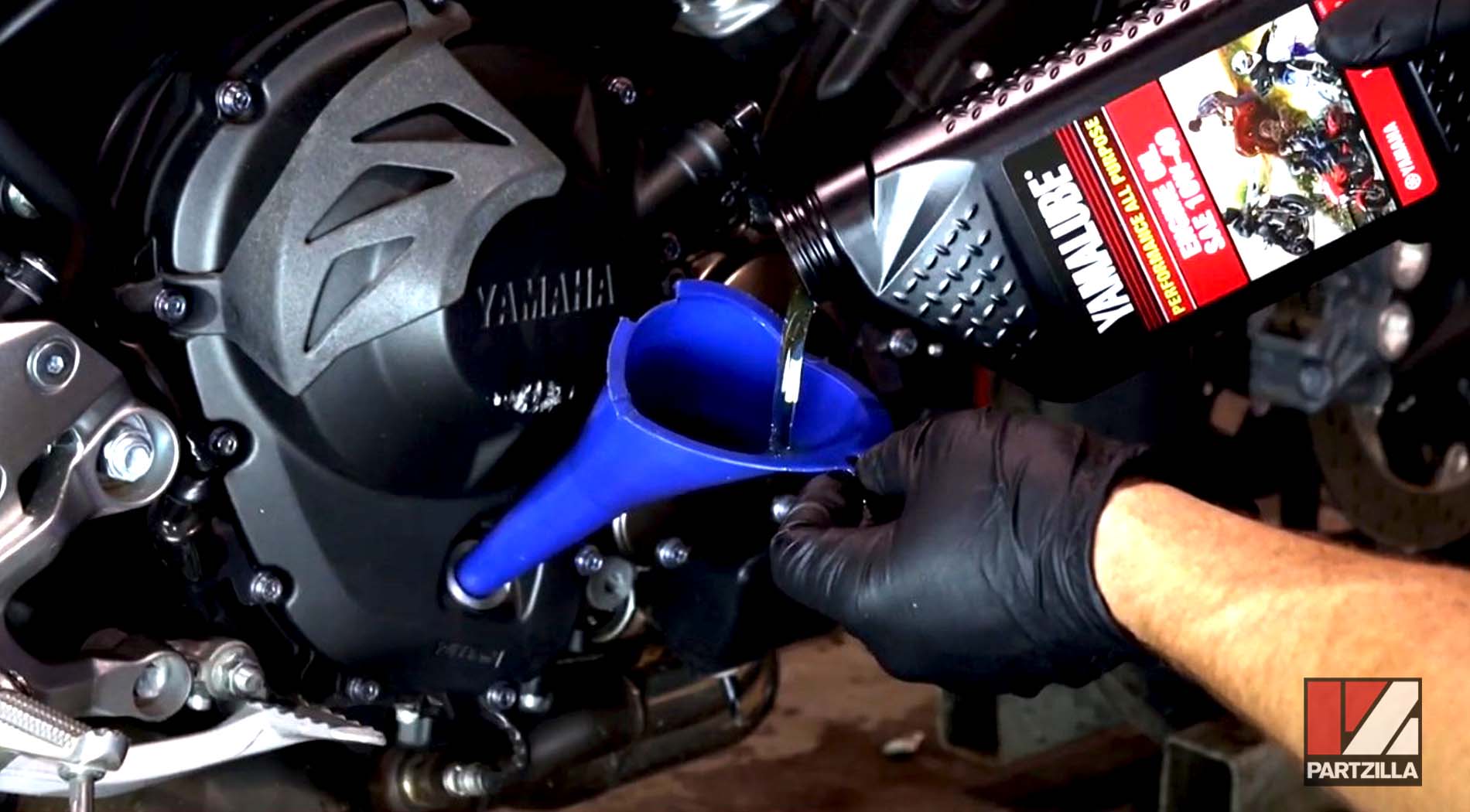
Motorcycle oil also protects the surfaces of engine parts from rust and corrosion when the engine sits for long periods of time. It's pretty basic, but also incredibly essentially to your motorcycle's health. Here are 5 things you should know about motorcycle oil.
1. What Do the Numbers on Motorcycle Oil Mean?
Many people believe the "W" in the number for motor oils stands for "weight," but it actually stands for "winter." These numbers are derived from a test where the motorcycle oil is heated to a certain temperature and then timed as it drains out of a hole with a specific diameter. So the lower the time, the lower the number. It also indicates a lower viscosity, which basically means the oil is thinner.
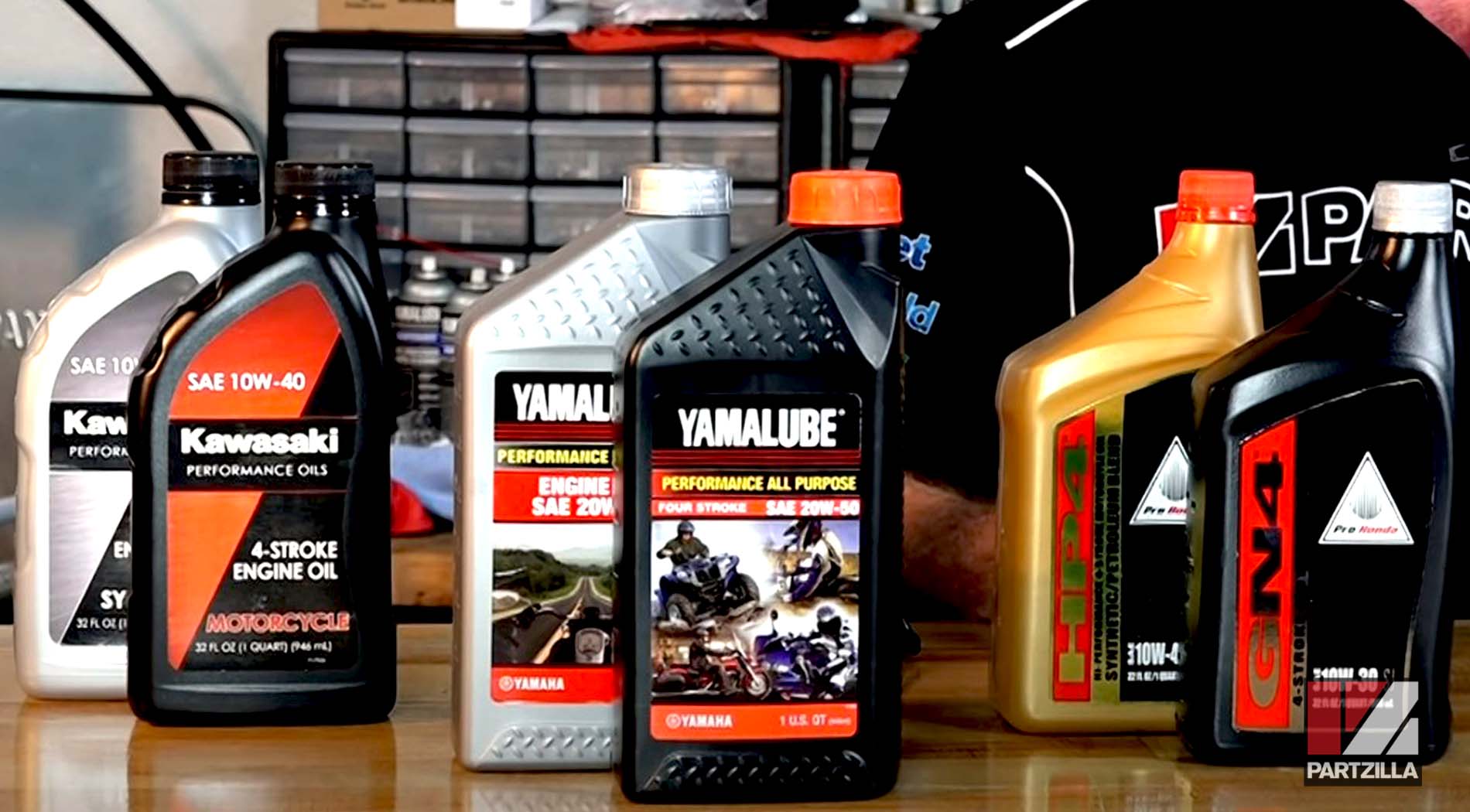
Your motorcycle's engine oil has to be thin enough when it's cold to circulate during cold starts, and thick enough to protect the engine when it's running and hot. As temperature rises, viscosity falls. The oil then gets thinner and flows easier. The first and second number in an oil type like a 10W-40 represents a balance between being thin enough to be effective when you start the motor in winter, but thick enough to stick to and protect components in summer heat.
2. Does Dark Motorcycle Oil Mean It's Time to Change It?
Dark motorcycle oil doesn't necessarily mean it has to be changed. Your motorcycle's oil picks up contaminants and moves it to the oil filter, which is like the dumpster, so to speak. As soon as you change your motorcycle's oil, the new batch is going to start changing colors as it picks up particles and circulates them toward the filter.
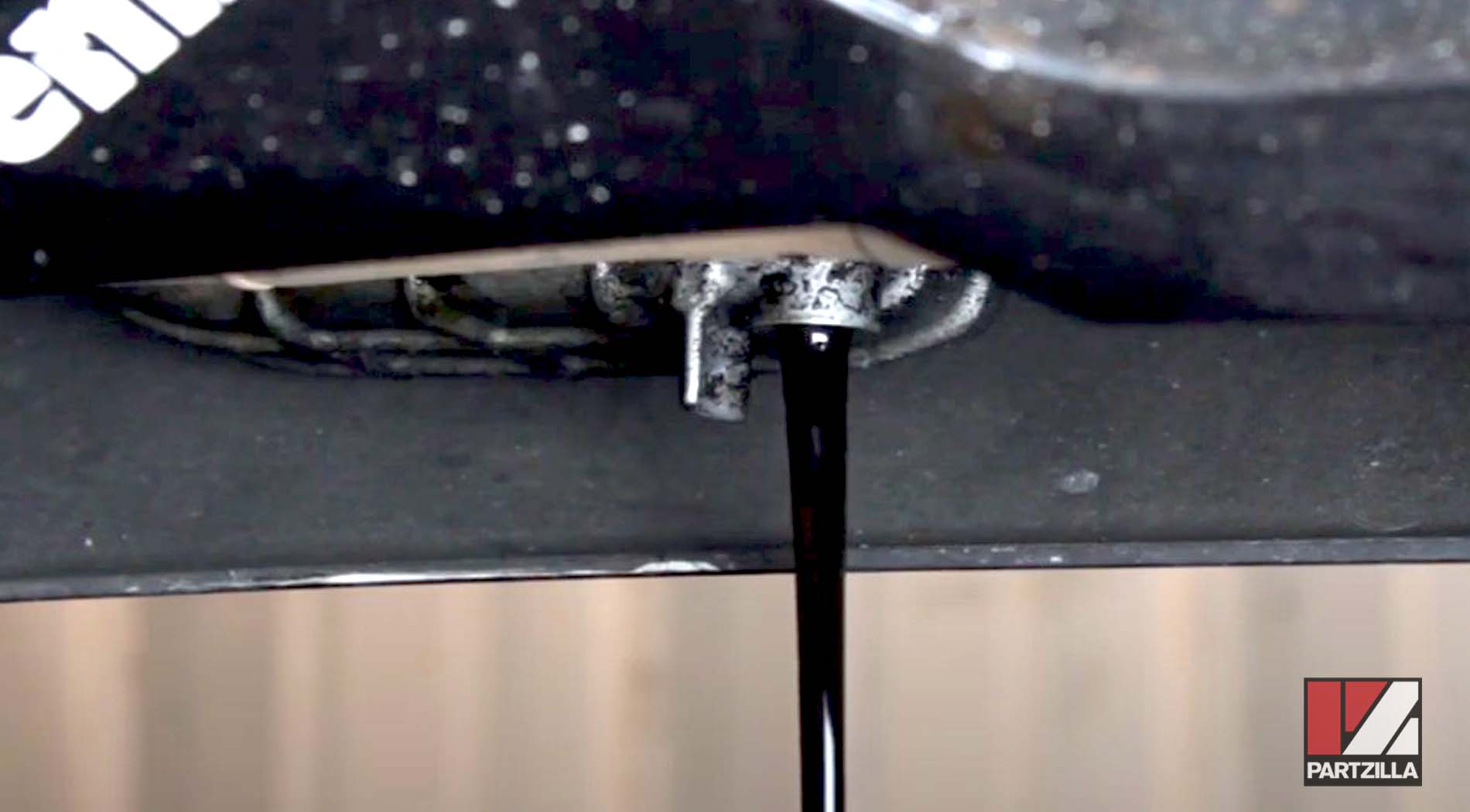
If your motorcycle's oil starts getting darker, it's just doing its job. Think of it this way: when you change your motorcycle's oil, it's going to be darker than when you put it in, but a darker engine oil color doesn't necessarily mean it's time to change it. Ultimately, you should just follow the maintenance schedule provided by your machine's manufacturer.
3. Do You Have to Change the Motorcycle Oil Filter?
As a rule of thumb, yes, you should change the oil filter with the oil. The oil filter is the dumpster for all of the trash that is floating around in the motorcycle's engine. So when there's no more room in that dumpster, the trash does a U-turn back into the engine. Changing the oil filter ensures that there's room to capture those contaminants the oil shuttles away from your motorcycle's engine components.
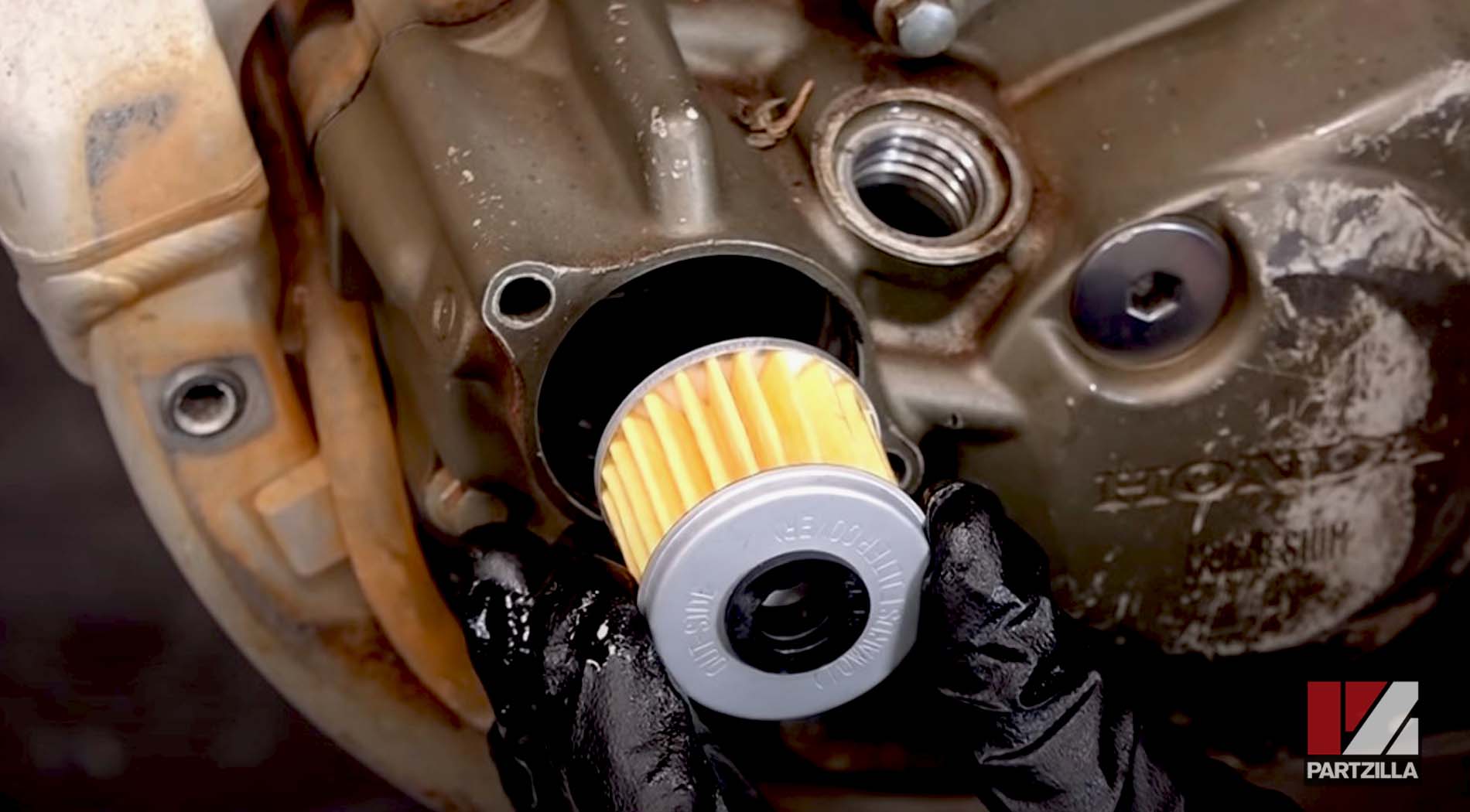
4. Should You Switch to a Synthetic Motorcycle Oil?
The technology used to create today's synthetic oils is highly sophisticated. Today's synthetics are essentially designer oils, formulated with properties perfectly tailored to their application. There are basically two types of synthetic motorcycle oils:
- Class III: Synthetic oils that are actually mineral oils based on petroleum stocks
- Class IV: Synthetic oils that are built from the bottom up in the lab
Synthetics motorcycle oils can outperform their petroleum oil counterparts due to their more refined formulas, which better protect your bike's engine from wear by keeping it cleaner than petroleum.
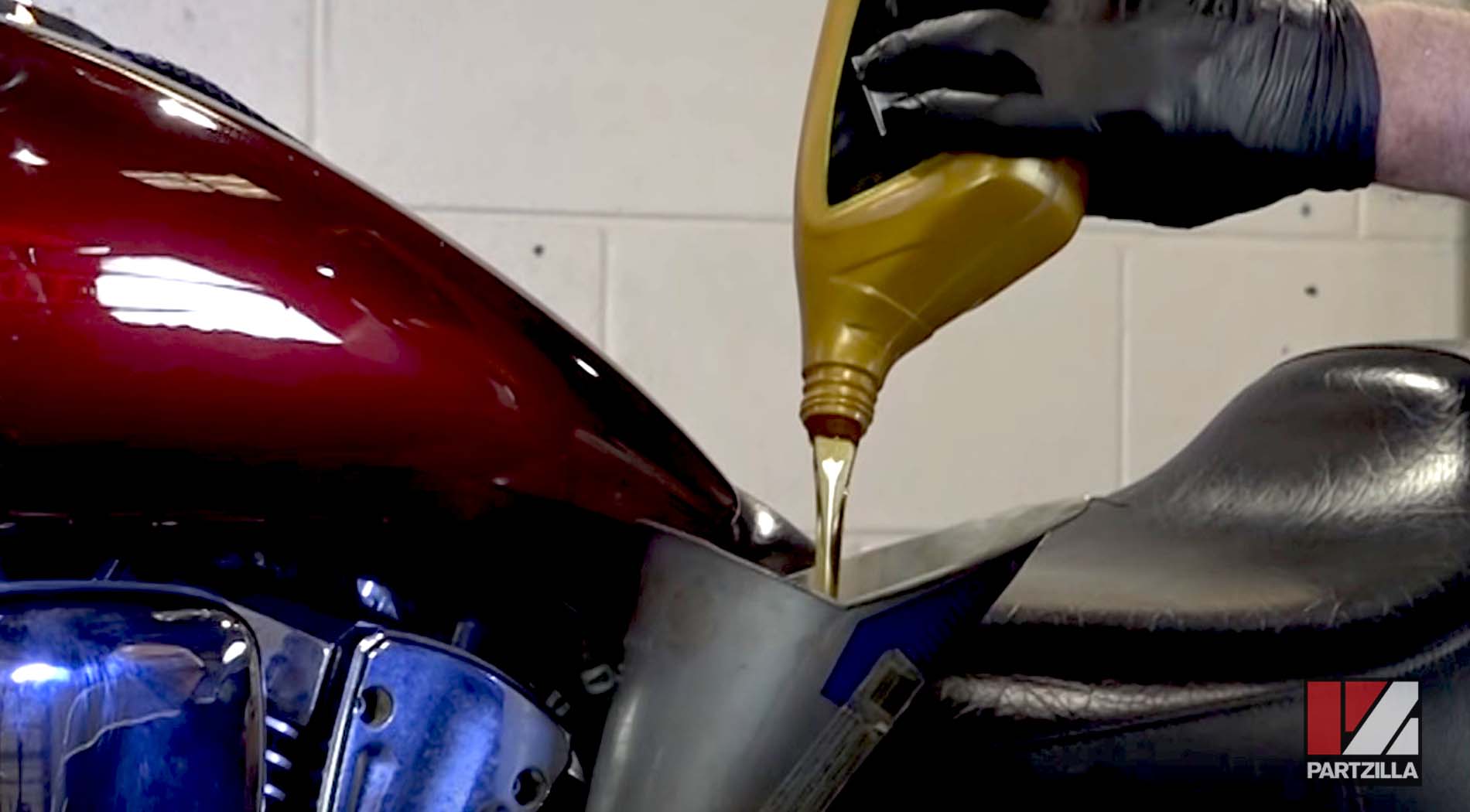
Like any product that's a little different, synthetic oil comes with skepticism. Some seal compatibility issues occurred with synthetic oils years ago. In other words, they had a tendency to leak, but not anymore. Synthetics also didn't allow motorcycle engines to break in properly, but this was an issue of the past. Motorcycles often come filled with synthetics straight from the factory these days. You shouldn't shun synthetics altogether, but if the manufacturer of your machine recommends using conventional oil, stick with that.
5. Can Motorcycle Oil Expire?
Motorcycle oil can expire, yes, so once the expiration date is reached, expect the oil to not perform as well if you continue using it in your machine. Motor oil contains a lot of chemicals that can break down and undercut the oil's performance. Always check to see when the engine oil expires, and make sure you change it when it's past its shelf life.
